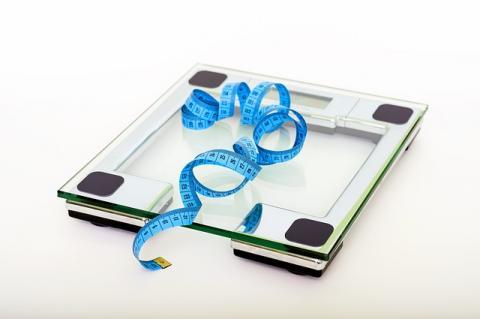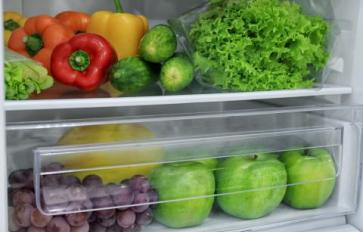
The 80/20 Rule: Why is the kitchen so important?
The 80/20 rule is not the brainchild of some health and fitness guru on a quest to eradicate obesity. As grand as that sounds, it is more complex than a simple snap of the fingers. From cheat days to diminishing the importance of exercise there is a lot of hype surrounding this idea of 80/20 that in fact originated over a century ago.
“The Pareto Principle,” coined by Vilfredo Pareto in the early 1900’s, was a realization that 80% of Italian lands were owned by 20% of the population. Fast forward: modern society today has applied this theory of 80% this and 20% that, to everything from business success to personal time management. Now there is some serious discussion and even debate on the effectiveness of the 80/20 rule as it relates to overall physical health.
Research from the Journal of American Medicine indicates obesity is on the rise, and it is time to take notice and more importantly action. With more than one-third of the population (34.6% or 78.6 million adults) in the United States fighting obesity we really must become conscious of our relationship with food and how it relates to exercise. Heart disease, stroke, type 2 diabetes and certain types of cancers are all associated with our diet, the quality of the food, and the quantities in which we consume it.
Here is the caveat: I am not trying to diminish the role exercise plays in our lives; it is important, but let’s think about the dilemma between the chicken and the egg – which came first? It is my belief as a sports nutritionist that in order to properly fuel the body and achieve weight and performance goals, whether you are an athlete or not, success will be obtained first and foremost in the kitchen. The foods you consume will dictate your energy levels and how you function. Without being mindful of your diet and adequately feeding the machine that is your body, it will break down, becoming ever more susceptible to injury and disease.
Further evidence provided by a Bio Med Central study revealed, “increased physical activity alone has a small impact on obesity prevalence.” Here is where it gets tricky -- the study goes on to say, “other changes such as reduction in caloric intake are likely to curb the obesity epidemic.”
Yes and no. It is not exactly about eating less, but more about eating right. Have you ever realized as a society, we often underestimate what we eat and exaggerate that which we burn? This miscalculation can lead to significant excesses.
It is important to stress that the more or less weight a person possesses impacts the rate of calorie burn. For example, a 180-pound woman sweating in a hot yoga class will burn far more calories than her 110-pound counterpart on the next mat. The more we work out, the increased intensity and prevalence require higher dietary demands.
It is all a balancing act.
Creating a responsible meal plan that focuses on whole, unprocessed foods, including a variety of vegetables, some fruits, lean protein and whole grains, as well as plenty of water is a start. Remember: quality over quantity. Calories are only a means of measurement; they are not all created equal. Eating a healthy, nutrient dense diet will properly fuel the body.
Eight Parts Diet
When working with clients, I often ask them to keep a food journal documenting their eating patterns, quantities and types of foods consumed, feelings associated after ingesting the food, and dining locations. When thinking about diet and exercise, it is so much more than A+B=C. All of these factors are important in establishing that base line.
It is not meant to be a fad or a trend but rather a lifestyle. Having a greater awareness of what you are consuming and why will give insight into how to create lasting change. Taking into account food preferences, ease in preparation, accessibility, and seasonality of foods will play a significant role in your success.
Two Parts Exercise
Once the groundwork is in place then it is easy to calculate your exercise needs based upon what results you seek to obtain. The point isn't that exercise is futile; instead, it's the recognition that this exercise must be combined with a lifestyle change of the types of foods you prepare and eat. Exercise is very important to not only your weight loss goals, but also to your overall health (including prevention of disease down the line).
In Practice
Creating a sustainable lifestyle will be challenging -- I am not going to lie. Finding the right balance is individual and the 80/20 rule is a generalization emphasizing the tremendous importance our food choices make on our health and well-being.








